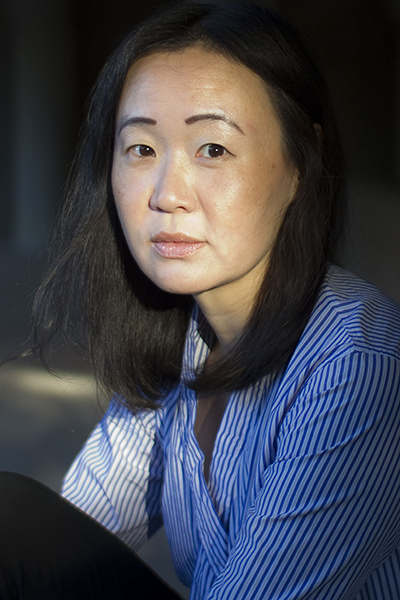I took an introductory poetry writing class in my sophomore year of college because my schedule allowed it; I had mostly downed novels up until then. We were not assigned this Dickinson poem in class, and I can’t remember exactly how I came upon it.
I was familiar with many of her famous poems, but something about “[Water is taught by thirst.]” made me feel both wonderfully repaired (from what? why?) and restive. I don’t think it consciously occurred to me as an invitation to write poems, but something was put into motion.
When I first read it, the last line struck me as mysterious, rich, and strange: I did a double-take. After she lulls us into a pattern with her list of great human needs, Dickinson leaves us with an enchanted image and explodes the notion of dichotomy even as she serves it up.
Now, experiences I have had in my life contaminate the poem—but I don’t mean that in a sinister way. It’s just that I see more clearly how the poem deftly admits the allusive and acausal (in life! in art!). It pushes language to do what it can, and not only as well-meaning intercession.




